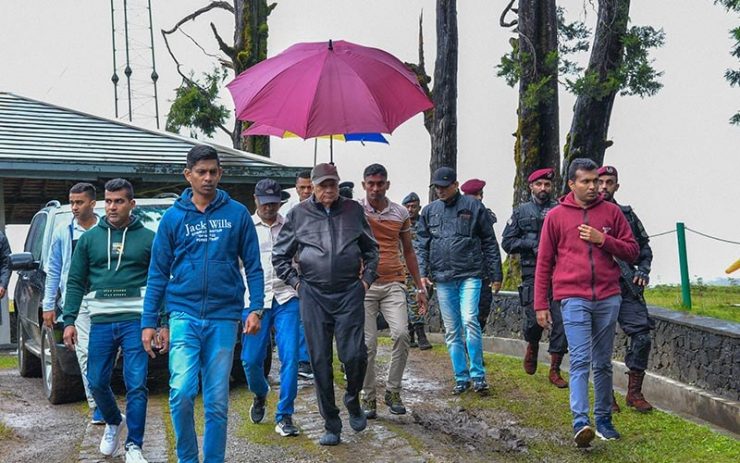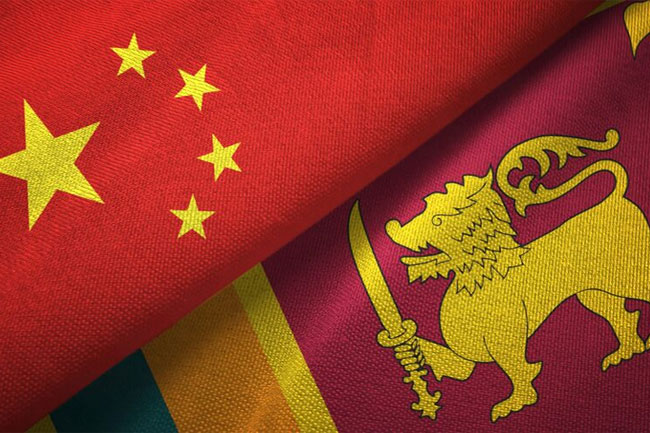In a powerful statement released today, a coalition of citizens, civil activists, and trade unionists voiced grave concerns about the Sri Lankan government’s alleged attempts to suppress democratic rights through proposed repressive legislation. The statement, endorsed by over 50 organizations under the banner “Media, Civil Society, and Trade Union Collective to Rise Against Oppressive Laws,” specifically highlights issues with the Online Safety Bill.
The collective accuses President Ranil Wickremesinghe’s government of seeking to curtail freedom of speech and expression, right to organize, and civil activities, raising fears of a move towards dictatorship. The Online Safety Bill, set for consideration next week, and other legislation, including the Anti Terrorism Bill, are cited as instruments designed to stifle public expression for political gain.
Key points from the statement include:
- Online Safety Bill Controversy: The coalition points out that the Online Safety Bill faced legal challenges with 45 petitioners contesting its validity before the Supreme Court. The court ruled that 31 clauses needed amendments, and the Asian Internet Coalition asserted violations of international regulations.
- Government’s Persistence: Despite the Supreme Court’s annulment of the Online Safety Bill, the coalition condemns the government’s attempt to reintroduce the bill with amendments on January 23, labeling it a “shameful attempt.”
- Call for Resignation: The statement calls for the resignation of the Attorney General, accusing the department of inadequately reviewing the bill and proposing amendments during the court challenge. The coalition urges the government to withdraw the flawed bill to avoid further international disgrace.
- Concerns Over Executive Powers: The coalition expresses concerns over the government’s apparent disregard for judicial decisions, citing the continued position of Acting Inspector General of Police Deshabandu Tennakoon, convicted for torture. The government’s push for the Employment Bill, impacting 3.6 million private sector employees, is also criticized.
- Demand for Democratic Reforms: The collective demands the withdrawal of all repressive bills, calls for consultation with stakeholders, and urges progressive MPs to defeat such bills at the second reading. They emphasize a commitment to taking democratic measures if the government ignores public concerns.
The coalition strongly condemns what they perceive as the president’s attempt to wield executive powers in a dictatorial manner. They propose building a democratic country, advocating for the abolition of the executive presidential system before the next election. The collective asserts its commitment to defending democratic principles and the rights of citizens.
The statement concludes by listing over 50 organizations including Media, Civil Society and Trade Union Collective to rise against Oppressive Laws, Free Media Movement FMM, Sri Lanka Working Journalists’ Association, Young Journalists’ Association of Sri Lanka, Media Law Forum, Law and Society Trust, National Cooperative Development Fund and Hashtag Generation that have joined the collective effort, representing media, civil society, and trade unions, to rise against oppressive laws. (LankaXpress.com )





